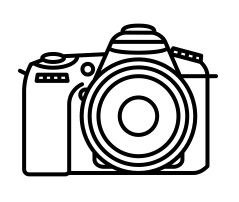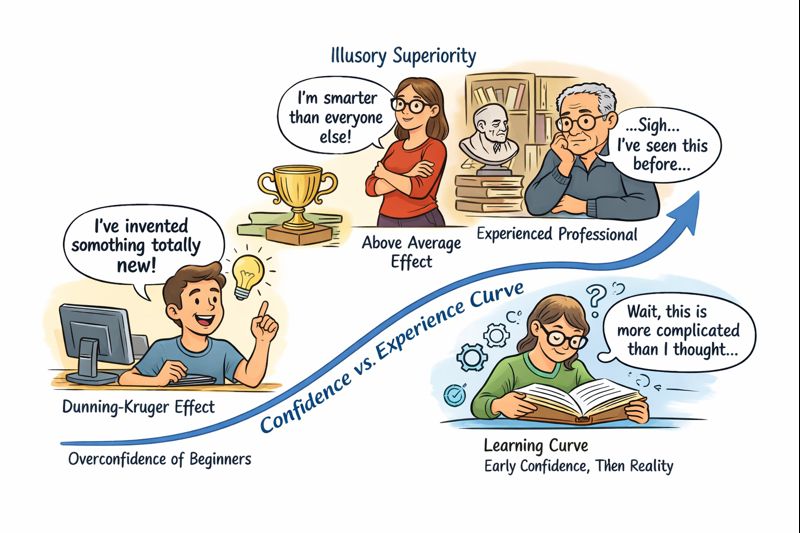On the first evening of our Person-Centred Approach course last night, the nature of ego was raised. To begin with there’s the difference between the Freudian use of the term and the lay person’s. Key here, though, is what it would look like for a leader to put their own needs and desires aside when they are supporting their team, and the individuals in it, to grow to their fullest potential with the achievement of the organisation’s goals as inevitable side products.
When ego arises in leadership, it shows itself in behaviour before it shows in thought. A leader led by ego seeks control, status, or safety. They speak to prove a point. They move to fix problems before they understand them. They listen for threat rather than meaning. Even with good intent, their actions pull attention back to themselves. On the other hand, in a person-centred frame, leadership begins when those habits loosen.
A leader who sets ego aside behaves in a distinctive way. They enter meetings without the need to perform. They ask questions and allow answers to stand, even when those answers unsettle them. They do not rush to fill silence. They notice their own wish to steer or rescue, and they choose restraint. This does not make them passive. It makes them precise. They act with care rather than impulse.
Such a leader relates to staff as capable adults. They resist using power to shape outcomes too soon. They offer clarity of role and purpose, then step back. When someone struggles, they do not turn the moment into a test of loyalty or skill. They stay present, reflect meaning, and trust the person’s drive to grow. This stance draws directly on the work of Carl Rogers, where empathy, congruence, and unconditional positive regard form a climate for change.
In practice, this means the leader does not need to be the cleverest voice in the room. They share authority and credit. They accept feedback without defence. They name limits without blame. When conflict appears, they slow the process rather than escalate it. Staff learn that honesty does not lead to harm. As fear drops, learning rises.
From this base, results follow without force. People invest in work that feels meaningful and fair. Initiative spreads because it feels safe to act. Alignment with organisational aims grows because those aims no longer feel imposed. The leader’s needs for recognition or control fade from view, not through denial, but through trust in the process.
This form of leadership does not reject the ego in the technical sense described by Sigmund Freud. It relies on a stable self that can bear doubt and restraint. What it sets aside is the need to protect status. When that need loosens, leadership becomes less about direction and more about cultivation.
And what is going on for a leader who lacks this level of self-development?
When a leader lacks this level of self-development, their behaviour often signals an inner strain they do not yet recognise. They experience leadership as exposure rather than service. Each meeting feels like a test. Each challenge feels personal. Their actions seek relief from unease rather than growth in others.
Such a leader protects the self through control. They talk too much, interrupt, or close debate early. They offer answers before questions have formed. They monitor loyalty and react fast to dissent. Feedback lands as threat, not data. These acts do not stem from malice. They arise from anxiety that has no place to settle. The leader has not learned how to hold uncertainty without defence.
In these moments, the leader’s attention stays fixed inward. They track how they appear, how they rank, and whether they feel secure. This inward pull limits empathy. They struggle to stay with another person’s account when it clashes with their own view. They confuse disagreement with disrespect. Growth in others feels risky because it might weaken their grip on authority.
From a person centred view, this pattern reflects gaps in self-trust. The leader has not yet formed a stable sense of worth that stands apart from role or praise. Without that base, they seek validation through outcomes and compliance. They need quick wins and clear signs of success. They push for alignment before meaning has formed. Staff sense this and respond with caution rather than commitment.
This pattern echoes the everyday use of ego rather than the technical sense described by Sigmund Freud. The issue does not lie in weak ego function, but in a fragile self-concept. The leader cannot yet allow others to lead parts of the work because that feels like loss. They cannot sit with silence because it feels empty rather than fertile.
By contrast, the stance described by Carl Rogers rests on inner security. When that security has not formed, the leader substitutes structure, pressure, or charm. These tools may deliver short-term results, yet they erode trust. Learning slows. Initiative shrinks. The organisation meets targets while losing spirit.
Development here does not require technique. It requires space for reflection, honest feedback, and safe challenge. Until the leader can meet their own fear without defence, they will keep meeting others through control.
References
Rogers, C. R. (1951). Client-Centered Therapy. Boston: Houghton Mifflin.
Rogers, C. R. (1961). On Becoming a Person. London: Constable.
Freud, S. (1923). The Ego and the Id. Vienna: Internationaler Psychoanalytischer Verlag.


